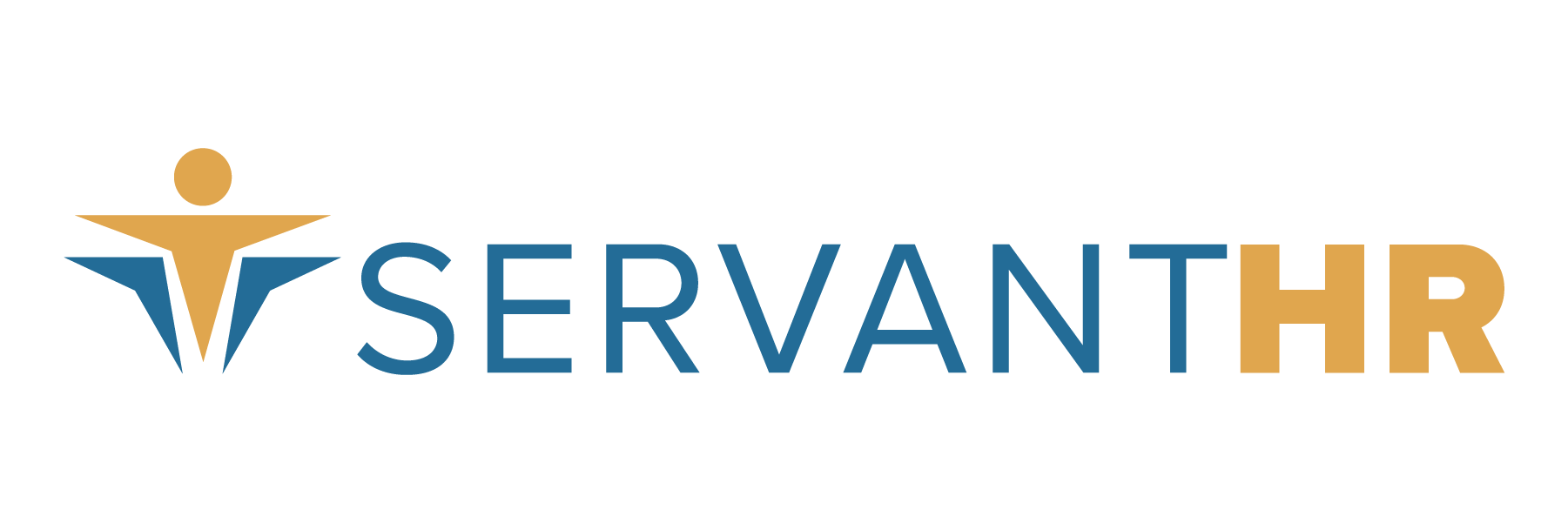For employers considering a return to on-site operations, a new challenge awaits – navigating the uncharted waters of employee vaccination. Should employers mandate vaccinations, strongly suggest them, or remain neutral? Should vaccinations be provided by the employer or contracted out? What are the liability issues facing employers in both situations?
Every business will have a different regulatory puzzle to piece together, so we are listing a few of the biggest factors you’ll want to consider in the creation of a vaccination policy.
Laws
If considering a mandatory vaccine, there are four main major areas of law affected.
1. The Americans with Disabilities Act
The ADA permits employers to require vaccinations under certain circumstances. However, mandatory vaccines implicate two portions of the ADA:
- Medical Examinations and Disability-Related Inquiries: The ADA restricts an employer’s ability to conduct “medical examinations” and make inquiries into an employee’s disabilities. The pre-screening questions asked in administering the vaccine qualify as a medical examination or disability-related inquiry.
- Reasonable Accommodations: The EEOC has addressed vaccines directly and identified a remote-work policy, wearing masks, gloves, social distancing etc. as reasonable accommodations. If an employer can eliminate or reduce the risk of harm imposed by COVID-19 by implementing these things, then it may not require vaccines. But if adopting these accommodations would impose an “undue hardship” on the business, then the employer does not have to provide the accommodation. Employers may also not require the vaccine if an employee has a medical reason for not being able to take the vaccine.
2. Title VII
Title VII prevents an employer from discriminating against employees “on the basis of his race, color, religion, sex, or national origin.” Under this statute, an employee may refuse to take the vaccine due to a sincerely held religious belief or practice.
An employer must provide a reasonable accommodation (see examples above) to any employee who refuses taking the vaccine for reasons protected by Title VII (religious reasons), unless the reasonable accommodations impose an undue hardship. What qualifies as an “undue hardship” must be determined on a case-by-case basis.
3. The Occupational Safety and Health Act (OSHA)
OSHA permits employers to require mandatory vaccines and has been used in the past for vaccination in the H1N1 Flu context. However, OSHA cautions employers to know the benefits and to respect refusals for medical reasons. There is no indication that an employer would be in violation of OSHA’s safety requirements in the event it did not require the vaccine.
4. Tort Liability
A tort is “an act or omission that gives rise to injury or harm to another and amounts to a civil wrong for which courts impose liability.”
Many states recognize the tort of negligent transmission of an infectious disease. Under this form of negligence, an employer may be liable for negligently causing the spread of COVID-19. However, an employer or employees would need to have a confirmed positive and still risk transmission before the employer may be liable. It is unlikely that not mandating a vaccine would create liability, however – general negligence still applies and deciding to not require a vaccine may still be a factor.
Other Liabilities
Those are the main four legal areas to consider, but there are other liabilities to consider as well. These include questions such as:
- Are employees who suffer adverse effects from vaccinations covered by worker’s comp?
- Is the vaccination program covered by liability immunity under the Public Readiness and Emergency Preparedness Act?
- Are liability waivers appropriate and enforceable under your state’s law?
- Is your vaccination program subject to any bargaining requirements under union collective bargaining agreements?
- If there are not enough vaccinations available for all employees, how will you prioritize vaccinations without implicating age, disability, and genetic information?
It is likely that these potential liability issues, in conjunction with the laws mentioned above, may create more of a hassle for employers than it’s worth. Either way, these are crucial considerations in the creation of a vaccine policy.
CDC Guidelines
In addition to legal guidelines, there are also guidelines by the Centers for Disease Control Prevention (CDC) employers must stay aware of. According to CNBC, the CDC is now recommending that people age 65 or older should begin receiving the vaccine.
The status of your employees will also factor into a vaccination plan, as essential workers are a large group, broadly defined as “first responders, educators, child care providers, food and agriculture workers, correctional facility staff, postal workers, public transportation workers, and manufacturing and grocery workers.” This article by the National Conference of State Legislatures can help more clearly determine if your employees qualify as essential.
Your Capacity
Lastly, it’s important to consider what is feasible for you in terms of capacity. It is a huge task for a non-health care employer to take on the responsibility of facilitating their own vaccinations. Specifically employers face the challenge of refrigeration—more for the Pfizer than the Moderna vaccine—and the need for a second dose.
However, contracting with reputable third parties can be a good solution for employers. In this case, it is well-advised to mandate vaccines by an administered pharmacy or health provider that is not acting as an agent of the employer.
In Summary
According to the law, an employer may require its employees to submit to mandatory COVID-19 vaccination. To do so, the employer will need to show there are no other reasonable accommodations available that do not impose an undue hardship. Additionally, the employer will need to respect employees who refuse to take the vaccine for disability or Title-VII-related purposes, offering reasonable accommodations to these employees. Employers should also consider other worker’s comp questions, waiver liabilities, and CDC Guidelines in the creation of a vaccine plan. And finally, if considering a mandatory policy, consider out-sourcing as a way to ensure safety, compliance, and a manageable workload.
The considerations surrounding workplace vaccination programs are complex. If you’re looking for a personal approach to handling policy and employee relations, contact us! As a fully integrated HR team working for your protection, these kinds of questions are our specialty.
(*For even more specific policy questions, we recommend this article – outlining detailed questions for vaccine policy and practice.)






